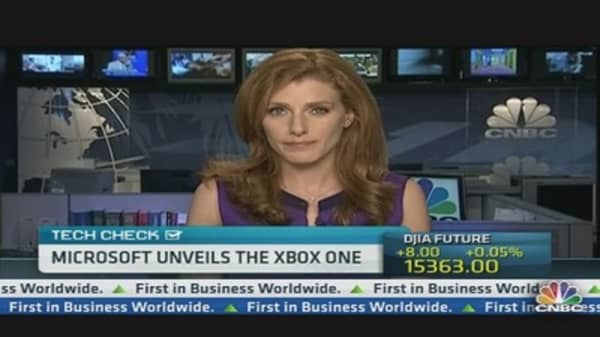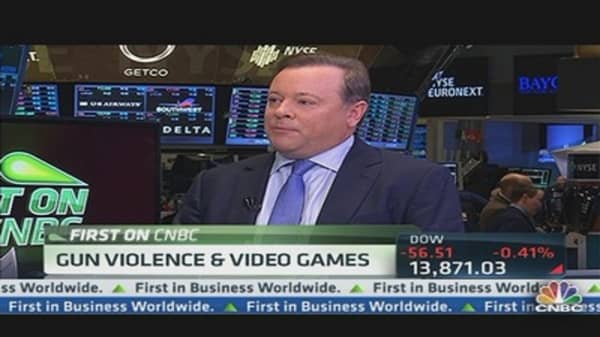"While we're modeling a fiscal 2013 sales contribution of only $15 million; we acknowledge a compelling, medium-term growth potential as identified through the comparative game experience of [Tencent's] 'Crossfire' in China, which is believed to generate $1 billion in annual sales," said Mike Hickey of National Alliance Capital Markets.
Other publishers, though, are investing internally in hopes of breaking into the Chinese market without a partner. That's a bigger gamble, but one that could have much bigger rewards, since they wouldn't have to share the income.
"This is an investment mode period for everyone to figure out what it is that Chinese online gaming audiences prefer," said John Taylor of Arcadia Research. "They need to get the content right and get the business model right. Activision has yet to try a free-to-play game, for instance."
Western Expansion
And while U.S. publishers try to figure out how to break into the market, some of the big Chinese companies are undertaking a Western expansion. Tencent has been aggressive on this front.
(Read More: Game On: Video Games May Be Making a Comeback)
In June 2012, the company acquired a minority stake in "Gears of War" developer Epic Games. In 2011, it invested $400 million in Riot Games, the developer of "League of Legends," a free-to-play multiplayer game that averages more than 12 million players worldwide per day.
Given Riot's massive success in free-to-play games—which are incredibly popular in China—the investment was a natural fit. With Epic, Tencent was less interested in the company's games and more focused on its Unreal graphics engine, which has been used in many of the biggest games. That trend seems poised to be just as widespread in the years to come.
In other words, while technology partnerships are likely to continue, don't expect Chinese publishers to bring their big titles over to the U.S. To do so would be counterproductive, analysts said.
"I don't expect to see any Chinese company making a massive step into the U.S.," said Handler of MKM Partners. "These are companies with margins of 50 percent-plus. If they buy into the U.S. market, they'd be getting lower margins in a more mature market. Is that the direction they want to take with their excess capital?"





